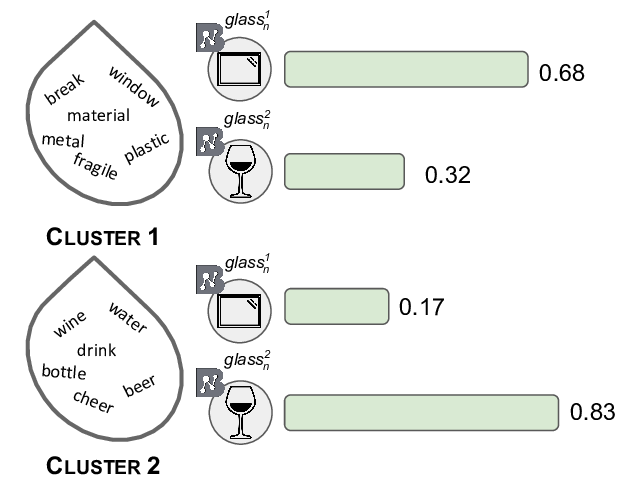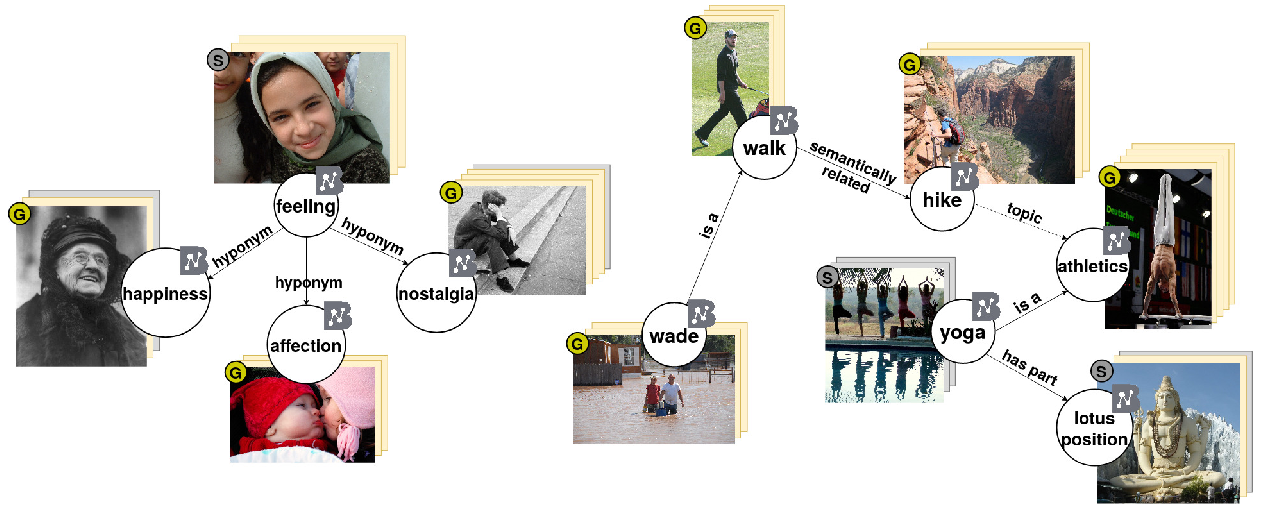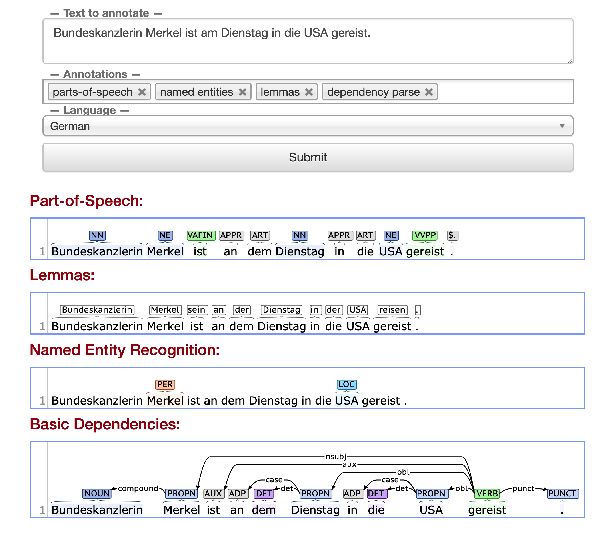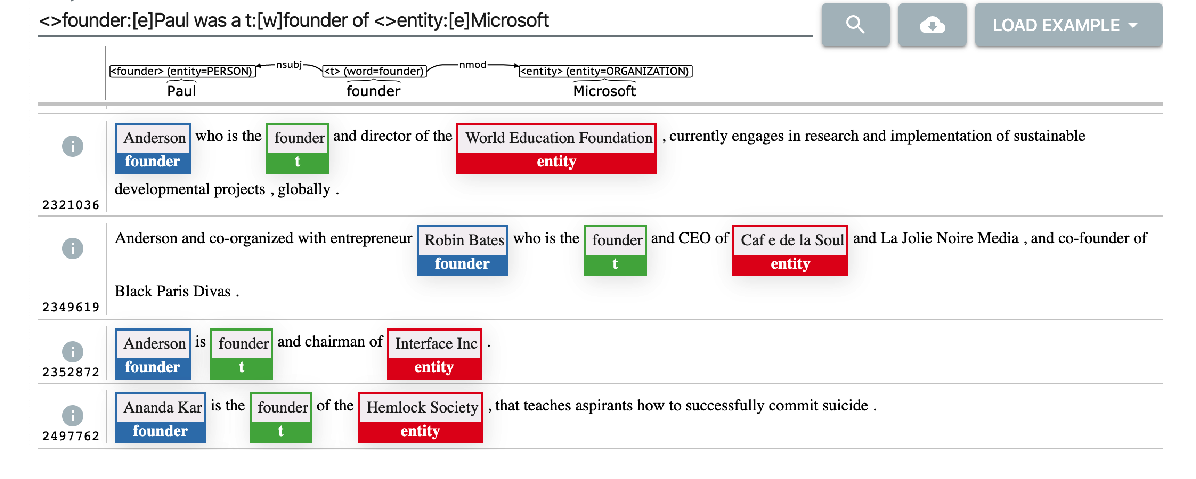Personalized PageRank with Syntagmatic Information for Multilingual Word Sense Disambiguation
Federico Scozzafava, Marco Maru, Fabrizio Brignone, Giovanni Torrisi, Roberto Navigli
System Demonstrations Demo Paper
Demo Session 2B-1: Jul 6
(08:45-09:45 GMT)

Demo Session 4A-1: Jul 6
(17:00-18:00 GMT)

Abstract:
Exploiting syntagmatic information is an encouraging research focus to be pursued in an effort to close the gap between knowledge-based and supervised Word Sense Disambiguation (WSD) performance. We follow this direction in our next-generation knowledge-based WSD system, SyntagRank, which we make available via a Web interface and a RESTful API. SyntagRank leverages the disambiguated pairs of co-occurring words included in SyntagNet, a lexical-semantic combination resource, to perform state-of-the-art knowledge-based WSD in a multilingual setting. Our service provides both a user-friendly interface, available at https://syntagnet.org/, and a RESTful endpoint to query the system programmatically (accessible at https://api.syntagnet.org/).
You can open the
pre-recorded video
in a separate window.
NOTE: The SlidesLive video may display a random order of the authors.
The correct author list is shown at the top of this webpage.
Similar Papers
CluBERT: A Cluster-Based Approach for Learning Sense Distributions in Multiple Languages
Tommaso Pasini, Federico Scozzafava, Bianca Scarlini,

Fatality Killed the Cat or: BabelPic, a Multimodal Dataset for Non-Concrete Concepts
Agostina Calabrese, Michele Bevilacqua, Roberto Navigli,

Stanza: A Python Natural Language Processing Toolkit for Many Human Languages
Peng Qi, Yuhao Zhang, Yuhui Zhang, Jason Bolton, Christopher D. Manning,

